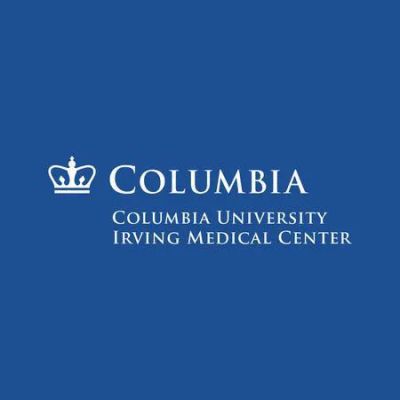- 1-Understanding-Personalized-Medicine
- 2-Personalized-Medicine-in-Heart-Disease-Treatment
- 3-Genetic-Factors-Impacting-Cardiovascular-Health
- 4-Benefits-of-Tailored-Therapy-for-Heart-Patients
- 5-Case-Studies-Showcasing-Personalized-Heart-Care
- 6-Future-Trends-in-Precision-Cardiology
1. Understanding Personalized Medicine
Personalized medicine, also known as precision medicine, is an innovative approach that customizes healthcare decisions and treatments based on an individual’s genetic makeup, lifestyle, and environment. This approach shifts away from the traditional one-size-fits-all methods to a more precise and effective strategy.
In heart disease, personalized medicine involves analyzing genetic data and biomarkers to understand the unique factors driving each patient’s condition. This knowledge allows clinicians to design tailored treatment plans targeting specific pathways, thereby improving outcomes.
2. Personalized Medicine in Heart Disease Treatment
Heart disease manifests differently in every individual, influenced by genetics, diet, exercise, and other health conditions. Personalized medicine applies advanced diagnostic tools such as genomic sequencing and biomarker analysis to identify risk profiles.
This enables targeted therapies such as specific medications, lifestyle adjustments, and interventional procedures that align with the patient’s unique profile. Such precision decreases side effects and enhances treatment effectiveness.
3. Genetic Factors Impacting Cardiovascular Health
Genetic predispositions play a crucial role in cardiovascular diseases, influencing cholesterol metabolism, blood pressure regulation, and inflammatory responses. For example, variants in the LDL receptor gene may lead to familial hypercholesterolemia, significantly raising heart attack risk.
By identifying these genetic markers, personalized medicine can predict disease progression and recommend preventive strategies tailored for each patient, reducing long-term complications.
4. Benefits of Tailored Therapy for Heart Patients
Patients receiving personalized treatment often experience improved symptom management and reduced adverse events. Tailored medication regimens avoid ineffective drugs and focus on those proven to benefit the patient’s genetic and molecular profile.
Moreover, lifestyle recommendations such as diet modifications and exercise programs are customized, leading to better adherence and healthier outcomes. Personalized medicine thus fosters a proactive approach in heart care.
5. Case Studies Showcasing Personalized Heart Care
Consider the case of a 55-year-old patient with recurrent chest pain and a family history of heart disease. Genetic testing revealed mutations affecting clotting factors. Armed with this knowledge, the medical team prescribed anticoagulants tailored to his profile, significantly reducing episodes and enhancing quality of life.
Stories like these underline the transformative power of personalized approaches, providing hope for many heart disease sufferers.
6. Future Trends in Precision Cardiology
The future of heart disease management lies in integrating big data, artificial intelligence, and wearable technologies. These innovations will enable real-time monitoring and dynamic adjustments to treatment plans.
Additionally, expanding genomic databases and more affordable sequencing will make personalized medicine accessible to wider populations, democratizing precision heart care.




















